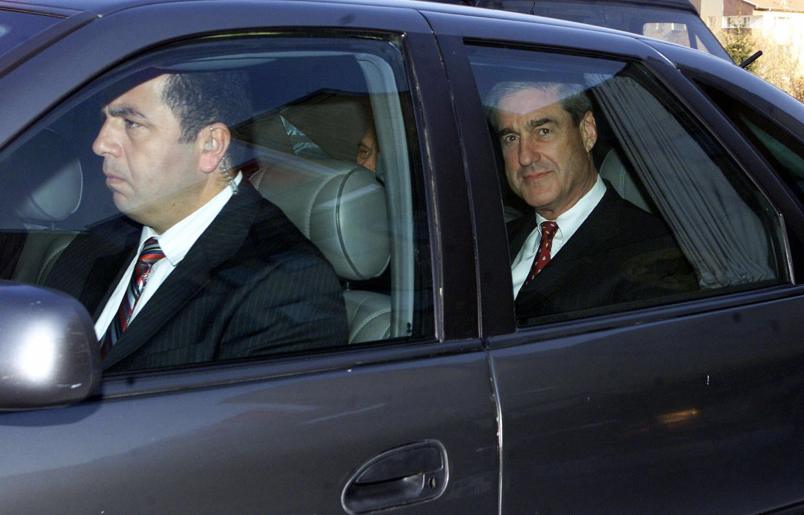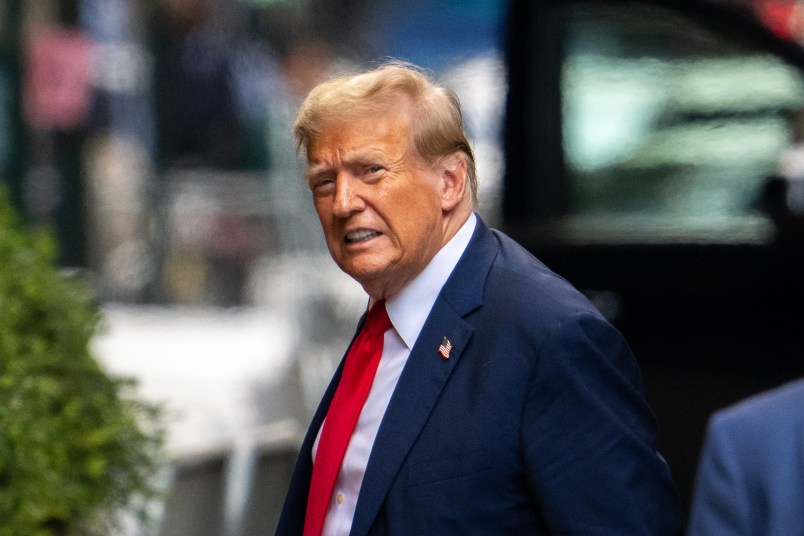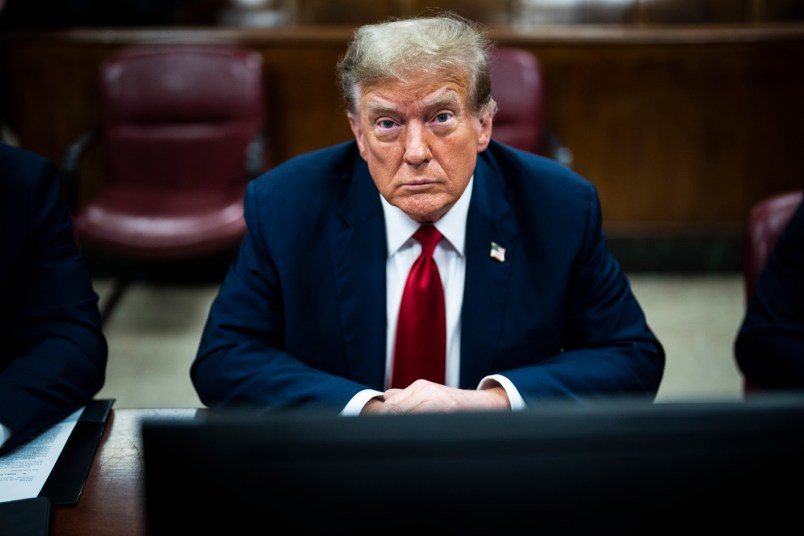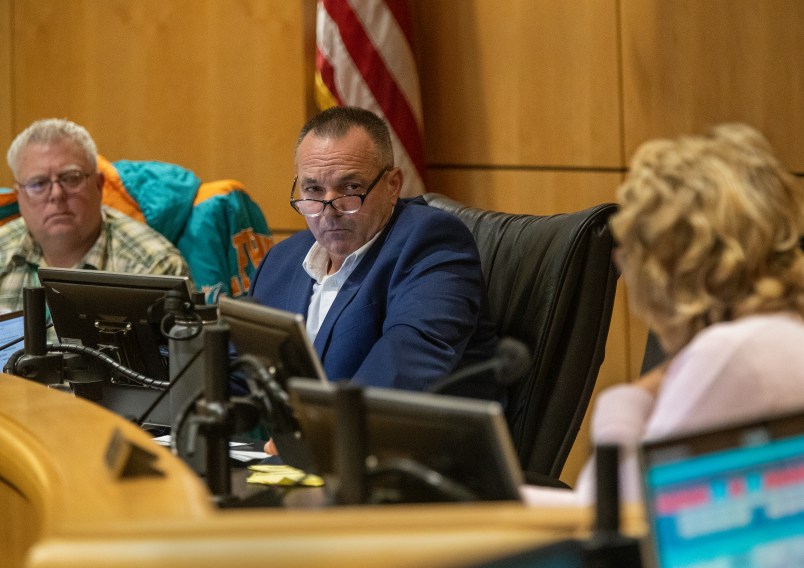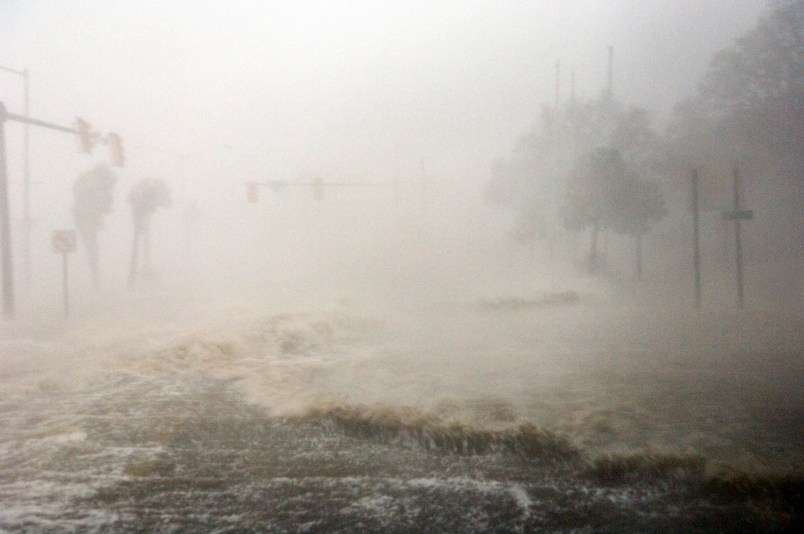For months, most people outside of the special counsel’s office have only seen an occasional glimpse of the square-jawed and tight-lipped Robert Mueller, and have heard from him even less.
His incredibly leak-resistant operation and private predilection forced the public to rely on others’ interpretations and guesswork about the goings-on of the investigation.
Now, we have almost 500 pages of content, much of which comes right from the source.
Here are some of the most telling quotes in Mueller’s redacted report:
“If we had confidence after a thorough investigation of the facts that the President clearly did not commit obstruction of justice, we would so state. Based on the facts and applicable legal standards, we are unable to reach that judgment.” (pg. 182)
These two lines were glaringly absent from Attorney General William Barr’s summary letter on the report, which only included the next sentence: “while this report does not conclude that the President committed a crime, it also does not exonerate him.”
One of the biggest revelations from the redacted report is that Mueller’s process on deciding the obstruction question was much less vindicating for the President than Barr would have had observers believe, and was largely predicated on the standing policy at the Office of Legal Counsel. Which brings us to our next quote:
“The Office of Legal Counsel (OLC) has issued an opinion finding that ‘the indictment or criminal prosecution of a sitting President would impermissibly undermine the capacity of the executive branch to preform its constitutionally assigned functions’ in violation of ‘the constitutional separation of powers.’ Given the role of the Special Counsel…this office accepted OLC’s legal conclusion for the purpose of exercising prosecutorial jurisdiction.” (pg. 213)
This one is Mueller’s own words plus those of the OLC, but together they are hugely important. Barr said as recently as Thursday morning that Mueller was “not saying that but for the OLC opinion, he would have found a crime. He made it clear that he had not made the determination that there was a crime.”
Based on this quote, Barr’s characterization is untrue. Mueller didn’t even consider charging Trump to be an option, given the parameters he was working within. For the duration of his investigation, Mueller was taking the OLC policy that a sitting President cannot be indicted as a guiding principle.
That information makes Mueller’s conclusion much less vindicating for Trump — if Mueller was never going to go so far as to charge him, the lack of exoneration becomes more damning.
“The President’s efforts to influence the investigation were mostly unsuccessful, but that is largely because the persons who surrounded the President declined to carry out orders or accede to his requests.” (pg. 370)
If Trump didn’t obstruct justice, it’s not for lack of trying. It appears the President was simply stymied in his attempts to undermine the special counsel by virtue of the concern-based disobedience of his staff.
Mueller lays out pages and pages of Trump’s attempts to obstruct justice by firing Mueller, limiting the special counsel’s scope or getting Sessions to un-recuse himself.
“Although the investigation established that the Russian government perceived it would benefit from a Trump presidency and worked to secure that outcome, and that the campaign expected it would benefit electorally from information stolen and released through Russian efforts, the investigation did not establish that members of the Trump campaign conspired or coordinated with the Russian government in its election interference activities.” (pg. 13)
Though they didn’t coordinate with Russia, the Trump campaign seemed at least emotionally supportive of its efforts. This can be seen through episodes Mueller investigated, including the campaign’s interest in future WikiLeaks dumps, or Donald Trump Jr.’s interest in the Trump Tower meeting.
“The investigation established that several individuals affiliated with the Trump campaign lied to the office, and to congress, about their interactions with Russian-affiliated individuals and related matters. Those lies materially impaired the investigation of Russian election interference.” (pg. 17)
We already knew that members of Trump’s inner orbit lied, and Mueller reminds us of some of their names after this statement: Flynn, Papadopoulos, Manafort — all went down because of their falsehoods.
But it’s still striking: these three men “materially impaired” the investigation of U.S. agencies into a foreign entity interfering in an American election.
“We noted, among other things, that the President stated on more than 30 occasions that he does not ‘recall’ or ‘remember’ or have an ‘independent recollection’ of information called for by the questions.” (pg. 417)
More likely than not, Trump was trying to get himself out of hot water with a helpfully unreliable memory. But Trump and his team ultimately pushed hard against a sit-down interview with Mueller, when it may have been harder to dodge the tough questions.
Mueller concluded in the report that he felt he did have the legal power to subpoena Trump, but that he chose not to due to the delay it would impose on the investigation and the large body of public statements he already had to work with.





